Cognitive Behavioral Therapy (CBT)
Is Cognitive Behavorial Therapy Right for You?
You might be wondering if Cognitive Behavioral Therapy (CBT) is the right therapy for you. CBT approach has proven to work well in treating various mental health issues. But how do you know if it's the right fit for you? If you’re struggling with chronic negative thoughts, overwhelming emotions, or behaviors that hinder your daily routine, CBT provides tools and techniques to assist in overcoming these problems.
What Are the Principles of Cognitive Behavioral Therapy?
CBT asserts that our thoughts, feelings, and behaviors are all interconnected; thus, changing any one of them positively impacts the others. By addressing and modifying one aspect, such as challenging negative thoughts, individuals can positively influence their emotions and behaviors. Through CBT, individuals work collaboratively with a therapist to identify and challenge unhelpful thought patterns, replacing them with more adaptive ones. CBT can help you learn practical coping skills while also helping you challenge unhelpful thought patterns.
Are Cognitive Behavioral Therapy Techniques Effective?
One of the key traits of CBT is its focus on present moment thinking rather than dwelling extensively on past traumas or childhood experiences. It’s a solution focused approach, which makes it ideal for individuals who prefer such an approach and are willing to participate actively in their own treatment.
This type of therapy is structured and goal-oriented, making it possible for both client and therapist to agree upon specific goals for your treatment. Your main goal will be breaking down larger objectives into smaller manageable steps so that they can be achieved incrementally along the way. This way, CBT empowers you to make progress towards your goals slowly but surely.
What Are The Benefits of CBT
CBT has a reputation for being versatile and adaptable, which means this therapy option isn’t limited to only treating anxiety or depression but can be useful in addressing a variety of mental health concerns such as PTSD and OCD among others . Your therapist will take time to customize your plan based on what works best with your current situation, ensuring that you receive personalized care that caters specifically to you.
Above all else , what sets this form of therapy apart from other variations is it's practicality and accessibility. CBT is known for providing clients with practical skills and strategies that can be applied in daily life even after therapy is over. It's also a good choice for those seeking brief therapy options, as it takes less time to yield results compared to other forms.
Ultimately, whether Cognitive Behavioral Therapy is right for you depends on your individual needs, preferences, and goals. If you're ready to take proactive steps towards positive change and are willing to actively engage in the therapeutic process, CBT could be the right choice for you. With its evidence-based approach, collaborative nature, and focus on practical skills, CBT offers a promising path towards improved mental and emotional well-being.

